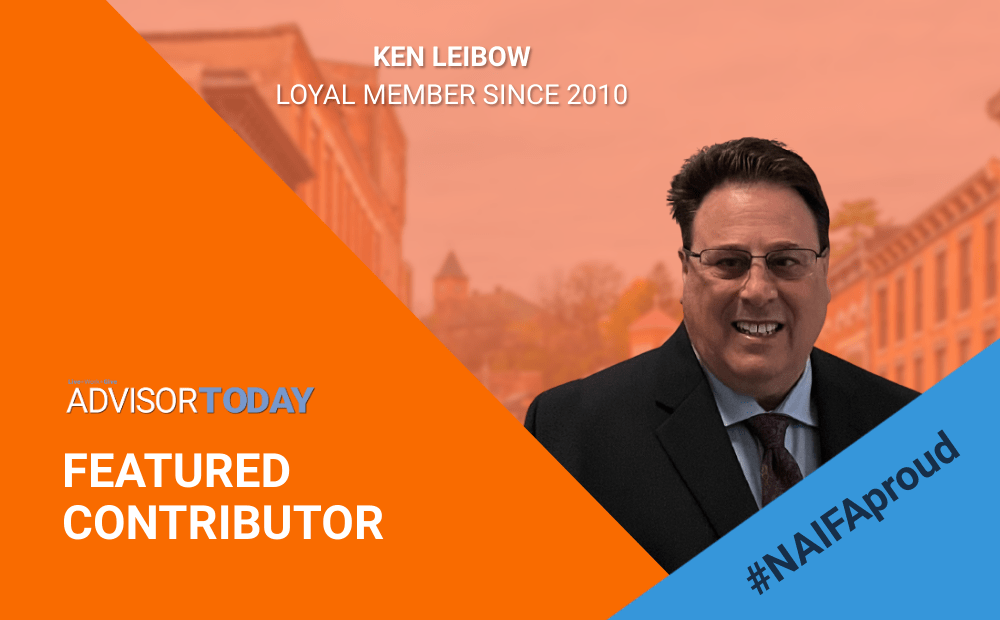With 39 years of expertise, ReMark excels in providing data intelligence, marketing, and technological solutions. SCOR is a prominent global reinsurance company, and ReMark is a division of SCOR's digital solutions sector. In the previous year, I discussed their Global Consumer Study (GCM) in NAIFA’s AdvisorToday. The latest edition, covering the 2023-2024 period, has been released, encompassing multiple lines of insurance business for Gen Z and Millennials.
As Gen Z ages, more and more are entering the insurance market. Whether they are becoming ineligible for parental health insurance at 26 or getting coverage through their first employers, it’s becoming increasingly important to understand how to engage and retain them as insurance customers.
For the past 10 years, ReMark, a global insurance consultancy specializing in consumer insights, marketing campaigns, and digital insurance solutions, has conducted a Global Consumer Study (GCS) to understand the attitudes, rationale, and habits of the current insurance market. The 2023-2024 ReMark GCS surveyed over 12,500 consumers, across 22 global markets, including 1,004 U.S. respondents. Intentionally, this year’s study focused exclusively on Gen Z (ages 18-26) and Millennial (ages 27-42) consumers because of their growing need for insurance coverage.
Although Millennials experiencing major life milestones may be prime prospects for agents, preparing for Gen Z to enter the market is a necessity for ensuring the continued success of your business. This includes understanding their awareness of insurance, openness to engaging with insurance and financial advisors, and motivating purchase drivers.
Support Their Educational Journey
This year’s most informative insight centered on insurance literacy. Respondents completed a self-assessment and were scored on their basic insurance knowledge, including underwriting, risks, and coverage. While 49.1% of Gen Z Americans self-reported very good/good knowledge of life & health insurance and 43.8% very/good knowledge of home & motor insurance, their assessed insurance literacy score was 5.87/10. This discrepancy between perceived and actual insurance knowledge shows that Gen Z is more confident than their knowledge may justify.
Positively, despite their confidence, they are open to learning. 75.2% expressed a desire for additional insurance education. When asked about their ideal learning methods, education from a trusted friend or family member ranked number one (26.3%), followed by online courses (23.9%), and a 1-on-1 call with an insurance agent (16.8%). Their interest in education, especially via 1-on-1 agent calls, uncovered a new engagement opportunity for agents – the prospect of assisting in their pursuit of knowledge.
It would be a mistake not to address the role of friends and family in education. Many of the children or grandchildren of your customers rely on their elders for their insurance knowledge and they also need to learn from someone. By investing more heavily in educating across generations, agents can benefit from a compounding effect.
The role of agents in education can extend beyond 1-on-1 interactions. Distributing self-service resources, most importantly offering online courses, can be impactful. It demonstrates to younger prospects your commitment to serving their educational needs and playing a vital role in their entrance into the market.
Become a Trusted Resource
U.S. Gen Z's propensity to value friends and family over other sources of information continues when you analyze their purchase journey. GCS data shows that 52% of those who recently purchased insurance relied on friends and family for pre-purchase advice. Although most are first-time insurance buyers, 32.4% turned to an insurance agent or financial advisor for advice. Online research came out ahead of agent interactions (34.9%), but this small gap between preferences demonstrates the continuing importance of agents early in the insurance sales cycle.
As Gen Z moves from consideration to purchase, there are several influential buying factors. Interestingly, price (34%) and good online reviews (33%) were rated nearly equally as most important. Historically, price has been the leading factor, but in recent years customer experience has become increasingly valuable. This is amplified by the fact that U.S. Gen Z are digital creatures. They often rely on online sources to evaluate businesses before buying. If agents are looking to increase inbound leads, collecting positive reviews is an essential practice.
Agents and advisors may not be encountering Gen Z prospects just yet, but they will very soon. Beginning to understand what this generation values will only help them to engage and retain Gen Z as their buying power increases.






.png)


.png?width=300&height=600&name=Tax%20Talk%20Graphic%20-%20email%20tower%20(300%20x%20600%20px).png)
